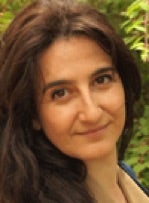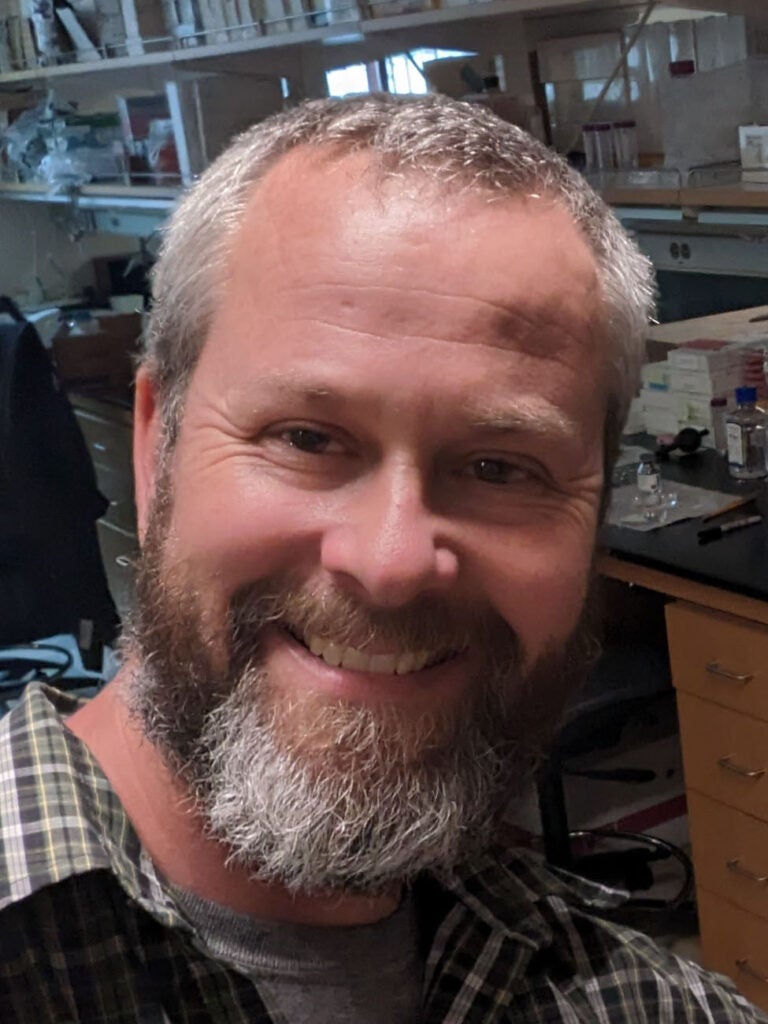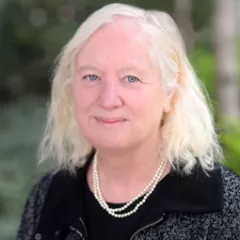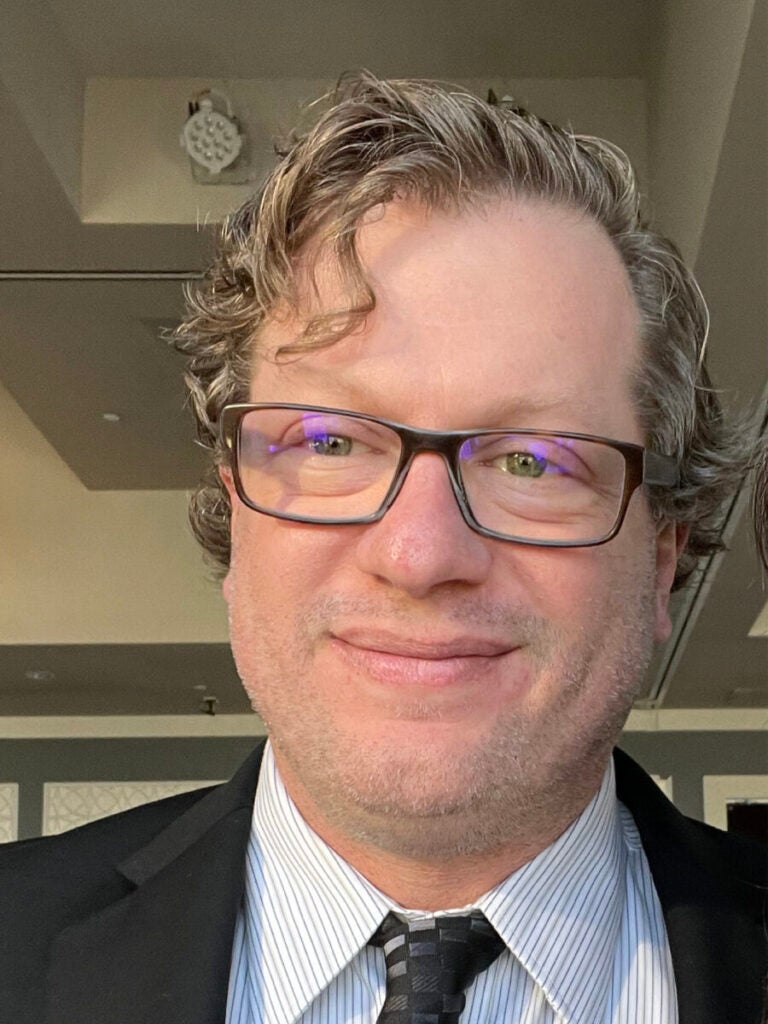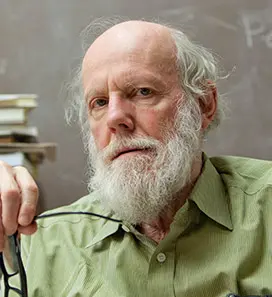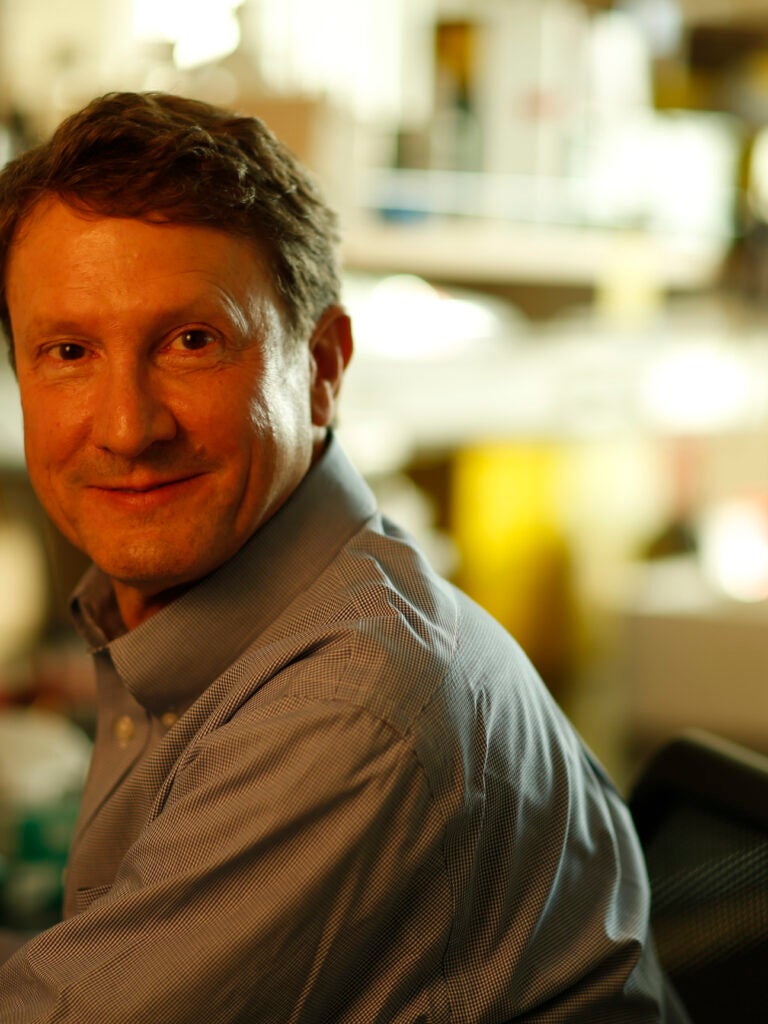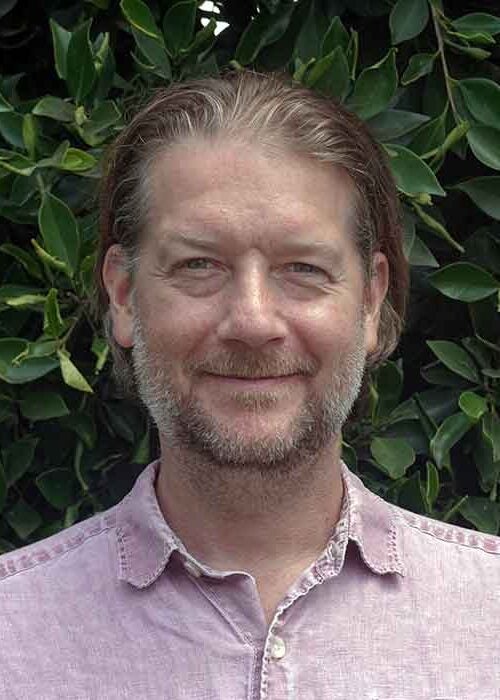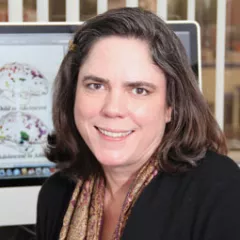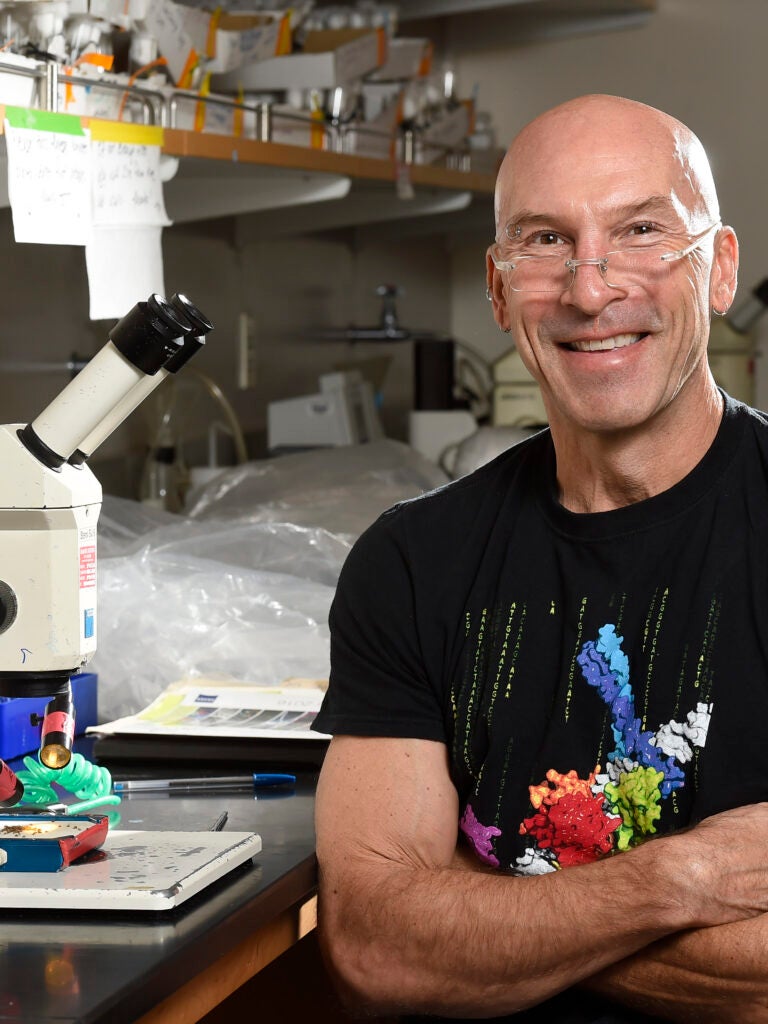Faculty involved in DOOHD
Our faculty have expertise in a huge diversity of topics, all with the common goal of understanding how exposures to environmental stressors in childhood may lead to disease later in life.
Dr. Amatruda is a physician-scientist with a primary research and clinical focus on solid tumors of childhood including sarcomas, germ cell tumors and Wilms tumor.
Dr. Baldauf is a physician scientist focused on placental biology and the impact of the in-utero environment on neonatal outcomes.
Research in Professor Chiolo’s laboratory focuses on the mechanisms of DNA repair in heterochromatin.
Retinal development and tumorigenesis
The Dean Lab studies evolutionary biology, focused on reproductive genetics.
Dr. Derrington studies ethical questions that impact the health and wellbeing of children and their families. Her research brings a health equity/social justice lens to issues including genomic research and biorepositories, the developmental origins of health and disease, shared decision-making in cross-cultural interactions, and the impact of social determinants of health on child/family outcomes after critical illness.
Dr. Dias’ research seeks to understand how mammalian neurobiology, physiology and reproductive biology is impacted by stress or trauma, and how parental legacies of stress or trauma influence offspring.
Neuroscience
We study how genomes encode organisms’ phenotypes
Basic mechanisms in the human biology of aging, with focus on inflammation and nutritional influences.
Develop new technologies for the imaging of biological structure and function.
Dr. Frey’s research is focused on the developmental, cellular, and molecular underpinnings of childhood intestinal diseases such as necrotizing enterocolitis, Crohn’s disease, and ulcerative colitis. His lab investigates the cell-cell communication mechanisms required to form and maintain the stem cell niche in the intestine, with the goal of leveraging these mechanisms for future therapeutic approaches.
Dr. Georgia’s research involves the regeneration of insulin-producing, pancreatic beta cells as a potential therapeutic for patients with type 1 diabetes.
Dr. Goran’s research has focused on the causes and consequences of childhood obesity for 30 years.
Dr. Kamitakahara’s research focuses on understanding the functional organization and perinatal development of vagal sensory and motor neurons that connect the brain and the gut.
Our research goal is to discover the neural systems and psychological processes that control energy balance, with a particular focus on understanding the neurobiological substrates that regulate obesity-promoting behaviors such as food impulsivity and environmental cue-induced feeding.
My group investigates the fundamental principles that guide how cells self-organize through collective interactions to bring about changes in embryonic form and function.
His research program includes basic studies that probe the ways in which circuitries that controls learning, emotional and social behavior develop, using advanced technologies in genetics, cell biology and behavior.
Developmental Biology, Regenerative Medicine, Cardiology
How is gene expression controlled globally, at the level of the entire genome? And what are the biochemical mechanisms in play that promote the maintenance of genome stability?
Our goal is to use patterns of variation in the genome to understand the evolutionary and population histories of both humans and other species.
RNA Biology, Molecular Neuroscience, Drosophila, Brain Organoids
My main motivation at this very moment is to marry molecular biology and evolution through predictive models. Understanding how metabolic reactions, cell signaling, and developmental pathways translate an organism’s genome into its phenotype is a grand challenge in biology.
Peterson’s vast experience as a scientist, physician, teacher and mentor provides the Institute with the transformative leadership necessary to establish a comprehensive program of interdisciplinary research, education, training and clinical services for childhood neurodevelopmental problems at Children’s Hospital Los Angeles.
The Schier Lab seeks to understand how the chemical constituents of foods and fluids are sensed, how these oral and postoral signals are processed in the brain and channeled into the behavioral outputs that subserve energy balance.
The focus of our research is to understand the drivers of tissue and cellular remodeling in intestinal inflammatory disease (e.g., ulcerative colitis and Crohn’s disease)
The National Institutes of Health has launched a landmark study about the developing brain called the Adolescent Brain Cognitive Development (ABCD) study. The ABCD study is a national longitudinal study that will recruit 10,000 youths and follow them over 10 years into early adulthood.
We are using the laboratory fruit fly Drosophila melanogaster to study the genetic and molecular mechanisms of aging.
Dr. Trinh’s research focuses on defining interactions between gene regulatory networks and the cellular dynamics that drive morphogenetic processes in embryonic development, health, and disease.


